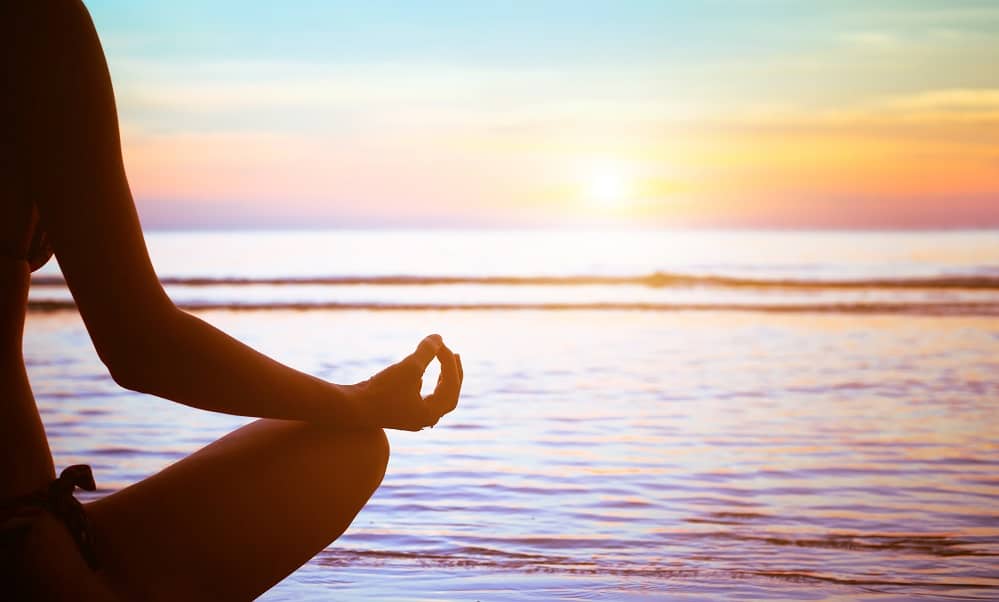Travelling to destinations far and wide, exploring new places and going on holiday is often a means for many to recharge, escape the humdrum of everyday life and experience new places and things, but just as you should look after your physical health and take into account how travelling could affect you when you have a medical condition like cancer, you also have to think about how going on your long-awaited trip could affect your mental health, especially if you have conditions like anxiety or depression.
Anxiety, like other conditions, can often take on many different forms and can manifest itself in different ways. In some cases, travel and the change in routine can increase the feelings of being overwhelmed, stress and anxiety that you could be feeling, so we’ve put together a few tips and pieces of advice on travelling when you have anxiety.
Only you know your comfort zone – make sure your travel plans take this into account. This doesn’t mean you should only stick to destinations you know, but just make sure that you’re not pushing yourself into situations which could be difficult to handle.
If you’re travelling with friends, make sure that you don’t feel obliged or pressured into situations which could trigger an anxiety attack or your feelings of anxiety to increase. Make sure they are supportive of you so that should you find yourself in a situation where your anxiety worsens, the matter doesn’t escalate to make you feel like a burden, or worse, that they are ignoring your feelings.
Stick to your boundaries and only push them as far as you feel comfortable to. Make sure that your trip fulfils your interests and what you would expect from a holiday, but also that any travelling companions are also clear on what to expect and what your limits are.
Having anxiety means that it’s easier than many think for us to come up with a million different answers to the question, ‘what’s the worst that could happen?’. It’s never a good idea to let your imagination run away with you, but it doesn’t hurt anyone to prepare for the worst.
Make sure you pack everything to make sure you feel comfortable and prepared for any eventuality, like your phone running out of charge or being unable to sleep on a long haul journey.
The worst thing you can do is check horror headlines or browse the internet for horror stories the week before you travel. If you happen to stumble across one, remember that these things are a rarity, which is why they’re making the news. Research all you need to make sure you’re comfortable with the situations and destinations that you will find yourself in, so that you know what to expect. If you’re prepared, a situation is usually a lot less scary.
If you don’t have a coping mechanism for your anxiety in place already, it’s a good idea to find one (even if it’s just a reminder to reflect on happy memories or ‘go to your happy place’).

I don’t know about you, but I find that telling myself to ‘pull myself together’ and that I’m ‘feeling like this with no basis or reason’, actually makes things a lot worse. Denying how you feel doesn’t make it any less powerful. If you’re starting to feel your anxiety increase, you have to accept that no matter what, those feelings are real – whether or not it seems silly, trivial or irrational, whether or not your travelling companions or others can relate to it or not – it is fine and acceptable to feel what you are experiencing.
If you accept your feelings, you can start to deal with them. Making things easier to figure out what caused them can help you figure out a way to deal with it and stop the feeling of panic or anxiety.
Sometimes dealing with anxiety is all about dealing with things in small steps. For example, if you experienced anxiety with flying and getting on your plane, but managed to cope with it and get through it, think about that next time you find your anxiety levels increasing towards something else. “I achieved that, so I can do this too!” is a good mentality to have. Even if you can’t do that one thing this time, think of other things you have achieved that maybe other people couldn’t – like hold a snake or go skydiving when some other people can’t.
This advice applies to anxiety no matter what the situation – travelling or otherwise. Listen to how you talk to yourself – is it mostly negative? How do you react when you make a mistake or have a doubt about something?
Always put self-care first. Treat yourself like your best friend. If you can’t do that – imagine how your best friend or family would speak to you in the same situation, they wouldn’t call you an idiot or use negative language, so why would you give yourself that treatment? Don’t be your own worst enemy!
Whilst travelling can seem daunting and increase the prospect of finding yourself in a situation which could trigger an anxiety attack, it can in some ways help you push the boundaries of your comfort zone until you could feel like you can do anything, but you decide how fast and far you want to push yourself, and in which way – picking a destination and going on holiday allows you the time, space and opportunity to experiment.
If you are looking for mental health travel insurance, take a look at our dedicated mental health travel insurance page here.
